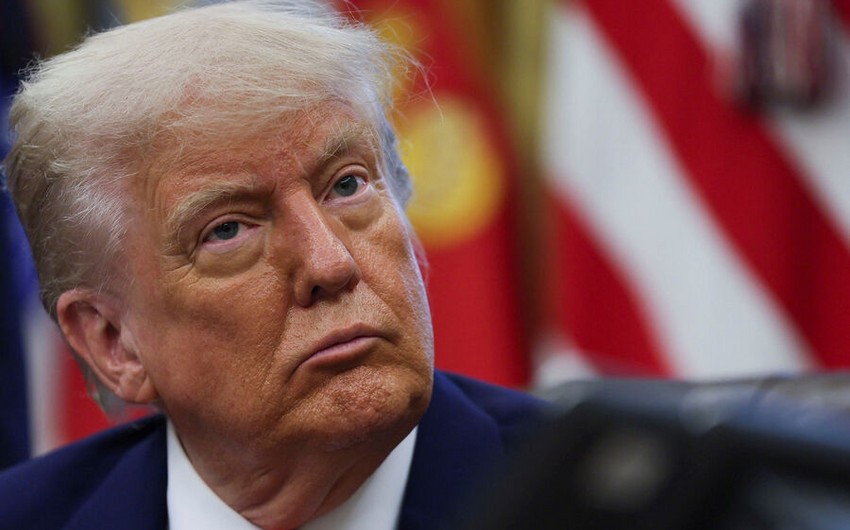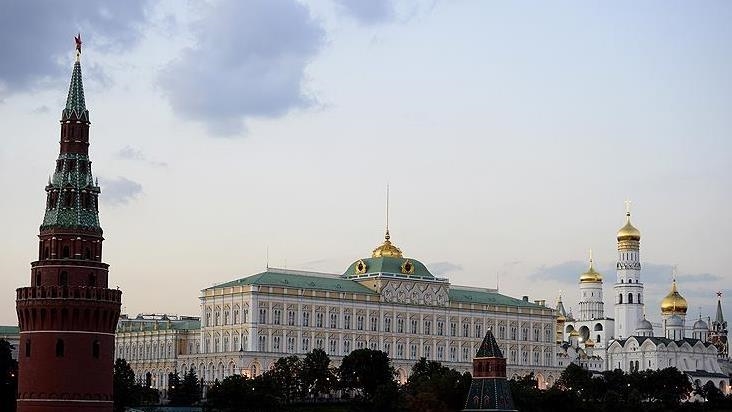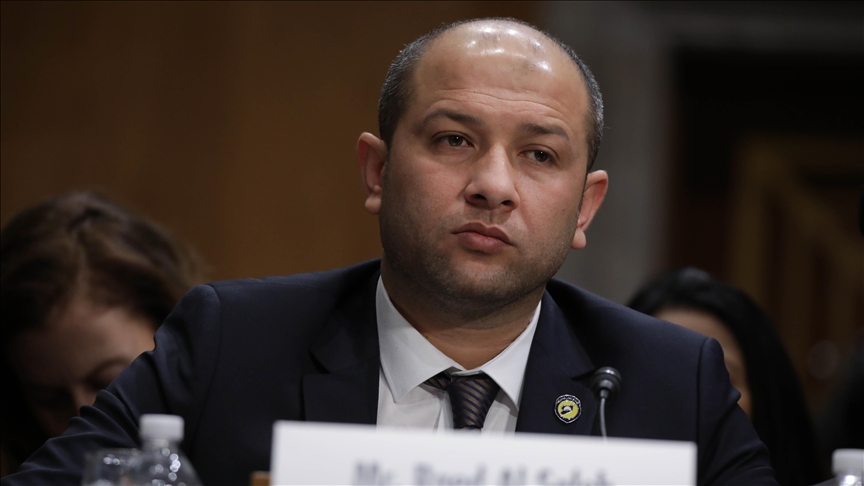The United States, Britain and Australia have announced a new security partnership for the Indo-Pacific in a move denounced by China as intensifying an arms race in the region.
Under the partnership, announced by US president Joe Biden, British prime minister Boris Johnson and Australian premier Scott Morrison, the United States and Britain will provide Australia with the technology and capability to deploy nuclear-powered submarines.
The United States and its allies are looking for ways to push back against China’s growing power and influence, particularly its military build-up, pressure on Taiwan and deployments in the contested South China Sea.
The three western leaders did not mention China by name in the announcement, and senior Biden administration officials, who briefed reporters in advance, said the partnership was not aimed at countering Beijing.
However, Chinese foreign ministry spokesman Zhao Lijian said the three were “severely damaging regional peace and stability, intensifying an arms race and damaging international nuclear non-proliferation efforts.” Countries should not build partnerships that target third countries, he said yesterday, adding: “China will closely watch the situation’s development.”
France reacted with anger to the deal, accusing Mr Biden of stabbing it in the back and acting like his predecessor, Donald Trump, after Paris was pushed aside from a lucrative defence deal it had signed with Australia for submarines.
The United States, Britain and Australia said they would establish a security partnership for the Indo-Pacific that will help Australia acquire US nuclear-powered submarines and scrap the $40bn (€34bn) French-designed submarine deal.
“This brutal, unilateral and unpredictable decision reminds me a lot of what Mr Trump used to do,” Foreign Minister Jean-Yves Le Drian said. “I am angry and bitter. This isn’t done between allies.”
Earlier, in a three-way virtual announcement, the leaders stressed Australia will not be fielding nuclear weapons but using nuclear propulsion systems for the vessels, to guard against threats.
“We all recognise the imperative of ensuring peace and stability in the Indo-Pacific over the long term,” Mr Biden said. “We need to be able to address both the current strategic environment in the region and how it may evolve, because the future of each of our nations and, indeed, the world, depends on a free and open Indo-Pacific enduring and flourishing in the decades ahead.”
Mr Morrison said the submarines would be built in Adelaide, and Australia would meet all of its nuclear non-proliferation obligations.
Mr Johnson said the pact, dubbed AUKUS, was not meant to be adversarial toward anyone, and it would reduce the costs of Britain’s next generation of nuclear submarines.
“Now that we have created AUKUS, we expect to accelerate the development of other advanced defence systems, including in cyber, artificial intelligence, quantum computing and undersea capabilities,” he said.
One US official said the partnership was the result of months of engagements by military and political leaders, during which Britain had indicated it wanted to do more in the region.
New Zealand prime minister Jacinda Ardern welcomed the focus on the Indo-Pacific, but said Australia’s nuclear-powered submarines would not be allowed in its territorial waters under a long-standing nuclear-free policy.
Singapore said it had long had relations with Australia, Britain and the United States and hoped their grouping would contribute to peace and stability.
Japan said the three countries’ strengthening of security and defence cooperation was important for peace and security.
A US official briefing before the announcement said Mr Biden had not mentioned the plans “in any specific terms” to Chinese leader Xi Jinping in a call last Thursday, but did “underscore our determination to play a strong role in the Indo-Pacific”.
US officials did not give a time frame for when Australia would deploy a nuclear-powered submarine, or how many would be built.
They said that since Australia does not have any nuclear infrastructure, it would require a sustained effort over years.










